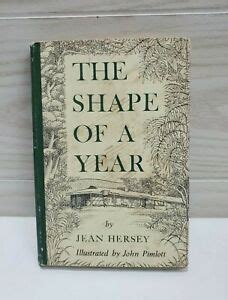A Quote by Simon Blackburn
The absolutist takes himself to read nature in her very own language, but the relativist insists that nature does not speak, and we hear only what we have elected to hear.
Related Quotes
The absolutist lays down the law, but the relativist hears only roaring and bawling. Or, when the relativist voice, as it is heard from philosophers such as Nietzsche or James, itself starts to grate and sounds shrill, as it often does, and when the relativist then offers concessions, the absolutist hears only insincerity. The war of words can often turn into a dialogue of the deaf, and this too if part of its power to arouse outrage and fury.
In the state of nature, wrong-doing is impossible; or, if anyone does wrong, it is to himself, not to another. For no one by the law of nature is bound to please another, unless he chooses, nor to hold anything to be good or evil, but what he himself, according to his own temperament, pronounces to be so; and, to speak generally, nothing is forbidden by the law of nature, except what is beyond everyone's power.
She alone dares and wishes to know from within, where she, the outcast, has never ceased to hear the resonance of fore language. She lets the other language speak - the language of 1,000 tongues which knows neither enclosure nor death. To life she refuses nothing. Her language does not contain, it carries; it does not hold back; it makes possible.
When you hear somebody speaking in an accent, it's almost like they're invading your language while they're speaking to you because if you hear someone speak another language, you almost don't care. But when they speak your language with an accent, it feels like an invasion of something that belongs to you. And, immediately, we change.
The best thing is to go from nature's God dawn to nature; and if you once get to nature's God, and believe Him, and love Him, it is surprising how easy it is to hear music in the waves, and songs in the wild whisperings of the winds; to see God everywhere in the stones, in the rocks, in the rippling brooks, and hear Him everywhere, in the lowing of cattle, in the rolling of thunder, and in the fury of tempests. Get Christ first, put Him in the right place, and you will find Him to be the wisdom of God in your own experience.
Very few men can speak of Nature, for instance, with any truth. They overstep her modesty, somehow or other, and confer no favor.They do not speak a good word for her. Most cry better than they speak, and you can get more nature out of them by pinching than by addressing them. The surliness with which the woodchopper speaks of his woods, handling them as indifferently as his axe, is better than the mealy-mouthed enthusiasm of the lover of nature. Better that the primrose by the river's brim be a yellow primrose, and nothing more, than that it be something less.
Science...has become identified with a philosophy known as materialism or scientific naturalism. This philosophy insists that nature is all there is, or at least the only thing about which we can have any knowledge. It follows that nature had to do its own creating, and that the means of creation must have included any role for God.

































